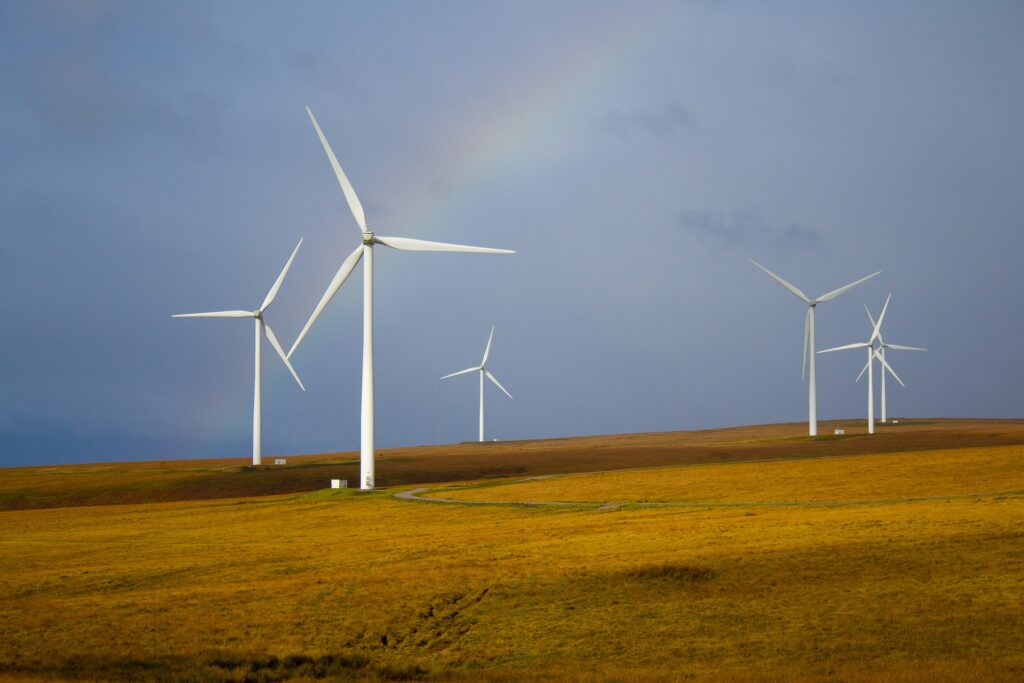Weather and environmental measurement specialist Vaisala has committed to setting a near-term science-based emissions reduction target aligned with the requirements of the UN-backed Science-Based Targets initiative (SBTi).
Vaisala’s commitment includes decreasing its direct Scope 1 and indirect Scope 3 emissions by 2030. The more detailed target and methods to achieve it will be set based on calculations in 2022, after which the target will be sent to SBTi for validation in 2023.
Kai Öistämö, president and CEO of Vaisala, said, “As the latest IPCC report states, climate change is an even more urgent global challenge than we had originally thought, and businesses also need to act. Our business is tightly intertwined with climate change. Our solutions help to study, mitigate and adapt to climate change, but we also do everything we can to continuously decrease the carbon footprint of our own business.”
Vaisala’s reported carbon footprint is divided into three scopes: Scope 1–3. Scope 1 (direct greenhouse gas emissions), which forms a relatively small share of Vaisala’s total emissions, includes the fuel consumption of field-service vehicles owned by Vaisala. Scope 2 (purchased-energy emissions) includes purchased power and heat. Scope 3 (other indirect emissions) includes business travel, inbound and outbound logistics, commuting, waste treatment and energy consumption of weather radars. During 2022, the Scope 3 calculations will be enriched with emission data on, for example, purchased goods and services, use of sold products and end-of-life treatment of sold products, which have previously remained outside the calculation scope.
Marjo Hietapuro, sustainability manager at Vaisala, explained, “We have already actively reduced our carbon footprint by using 100% renewable electricity in our facilities around the globe: we achieved this RE100 target in 2020, fulfilling the SBTi criteria for Scope 2 emission reduction. Now the emission reduction targets will focus especially on Scope 3, and they will be highly ambitious. We are now starting a significant project to calculate and reduce the emissions in our supply chain.”
The SBTi is a partnership between CDP, the United Nations Global Compact, the World Resources Institute (WRI) and the World Wide Fund for Nature (WWF). It provides companies with a clearly defined path to reduce emissions in line with the Paris Agreement goals – limiting global warming to well below 2°C above pre-industrial levels and pursuing efforts to limit warming to 1.5°C.



